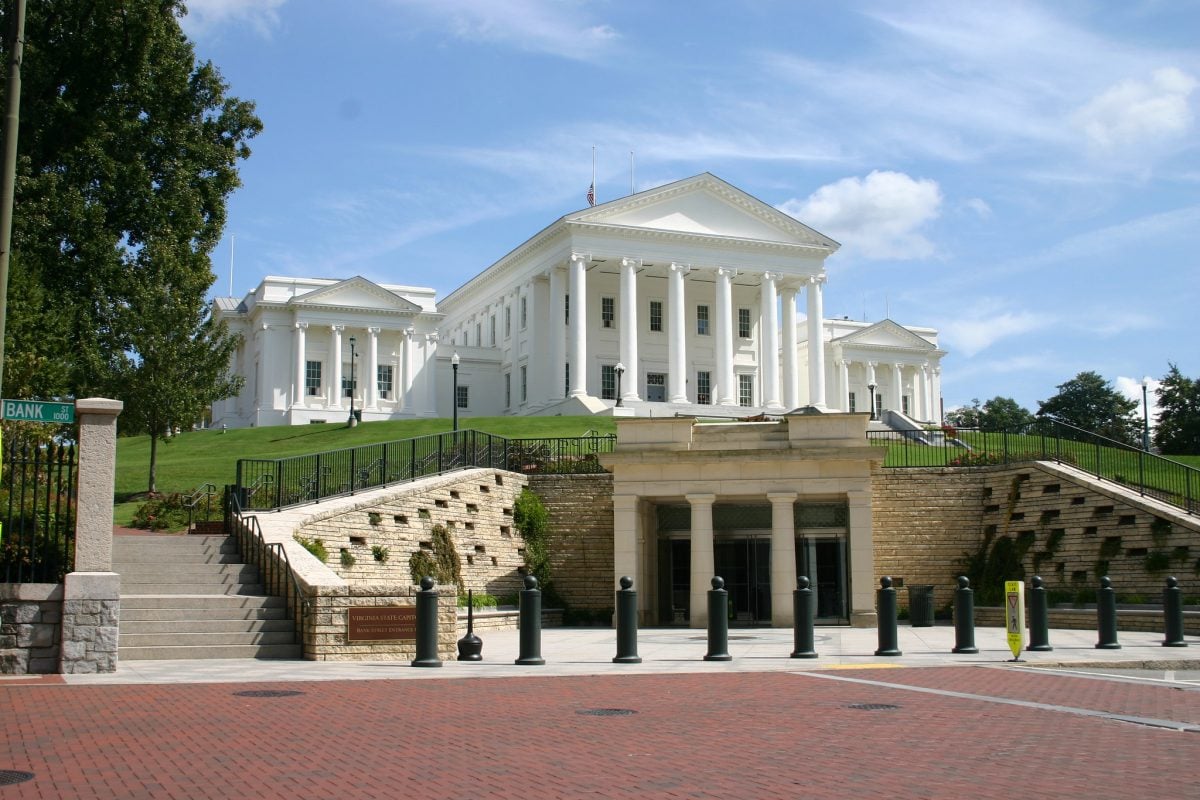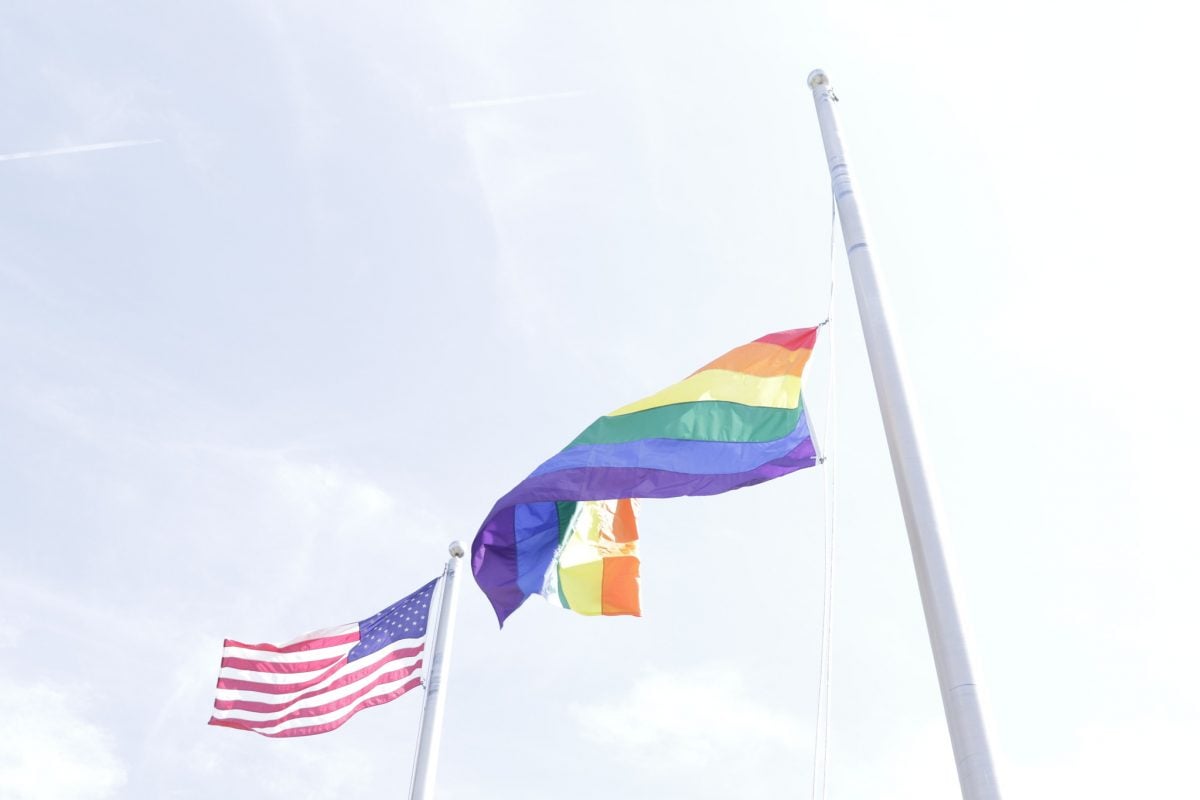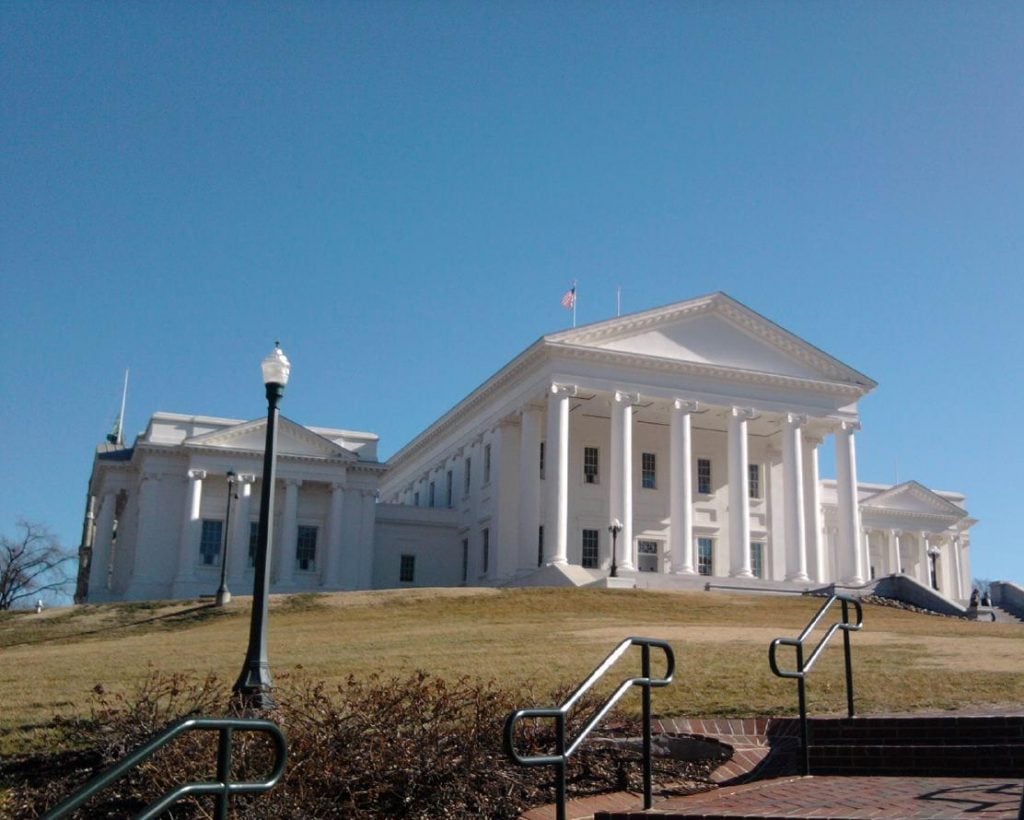Governor Northam has voiced his support for abolishing the death penalty in Virginia, and now both houses of the General Assembly have voted in favor of abolishing it as well. After over 400 years of conducting more executions than any other state, Virginia may become...





